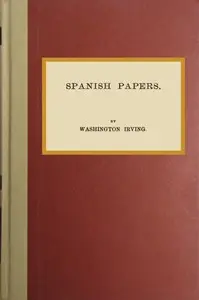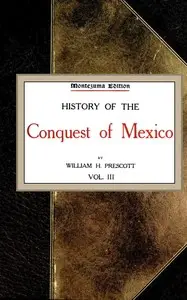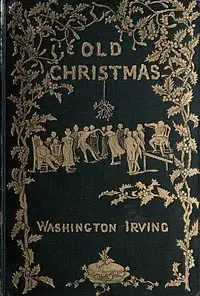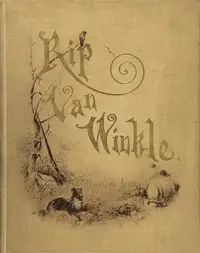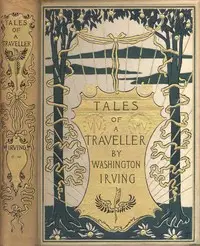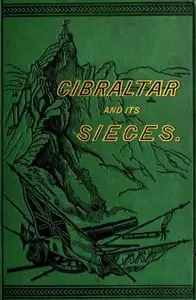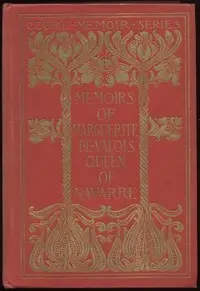"Chronicle of the Conquest of Granada" by Washington Irving is a historical narrative set in the 1800s, detailing the downfall of Granada, the last Moorish kingdom in Spain, and portraying the clashes and tensions between the Christian and Muslim cultures of the time. The book starts by showing Granada's vibrant past and natural beauty, right before talking about its forced payments to the Castilian Crown. The text emphasizes the problems within the Moorish royal family, mainly looking at King Muley Abul Hassan, whose reign was full of arguments and fights between queens, hinting that hard times were coming for the kingdom. A key event is when Don Juan de Vera is sent by the Castilian rulers to ask for tribute, showcasing the growing unease that sets them on a path to war that will decide what happens to Granada.

Chronicle of the Conquest of Granada, from the mss. of Fray Antonio Agapida
By Washington Irving
Witness bitter battles and royal rivalries collide as a kingdom fights for survival against a rising power ready to claim its land.
Summary
About the AuthorWashington Irving was an American short-story writer, essayist, biographer, historian, and diplomat of the early 19th century. He wrote the short stories "Rip Van Winkle" (1819) and "The Legend of Sleepy Hollow" (1820), both of which appear in his collection The Sketch Book of Geoffrey Crayon, Gent. His historical works include biographies of Oliver Goldsmith, Muhammad, and George Washington, as well as several histories of 15th-century Spain that deal with subjects such as the Alhambra, Christopher Columbus, and the Moors. Irving served as American ambassador to Spain in the 1840s.
Washington Irving was an American short-story writer, essayist, biographer, historian, and diplomat of the early 19th century. He wrote the short stories "Rip Van Winkle" (1819) and "The Legend of Sleepy Hollow" (1820), both of which appear in his collection The Sketch Book of Geoffrey Crayon, Gent. His historical works include biographies of Oliver Goldsmith, Muhammad, and George Washington, as well as several histories of 15th-century Spain that deal with subjects such as the Alhambra, Christopher Columbus, and the Moors. Irving served as American ambassador to Spain in the 1840s.





